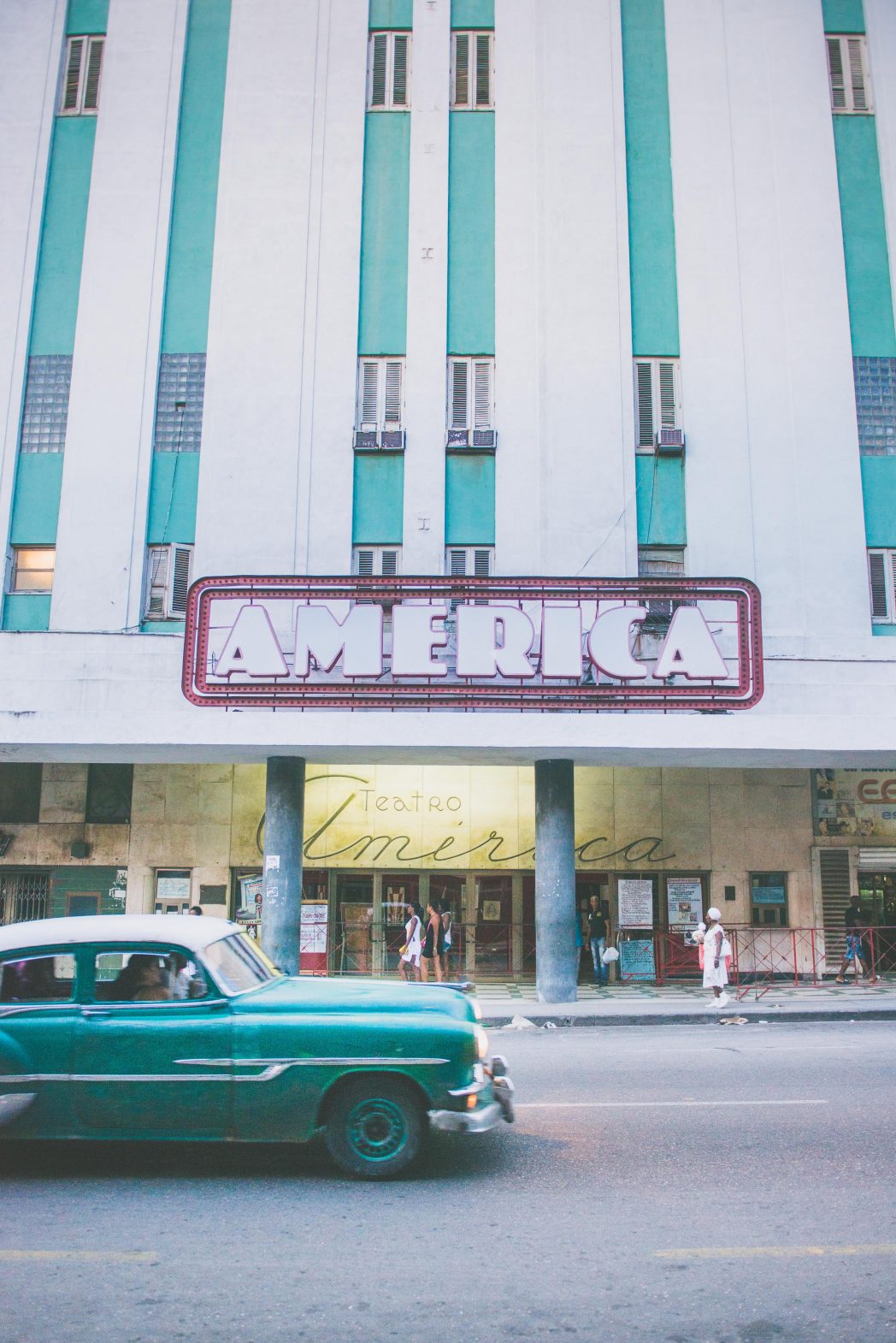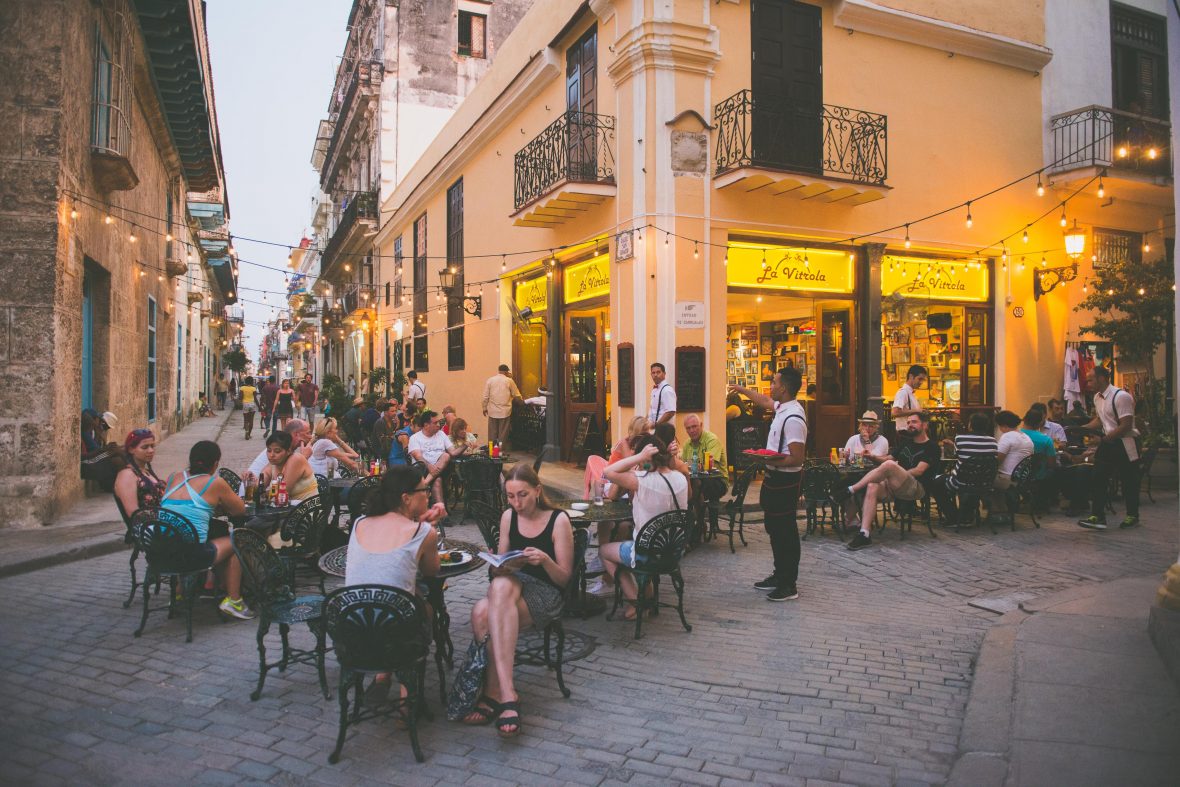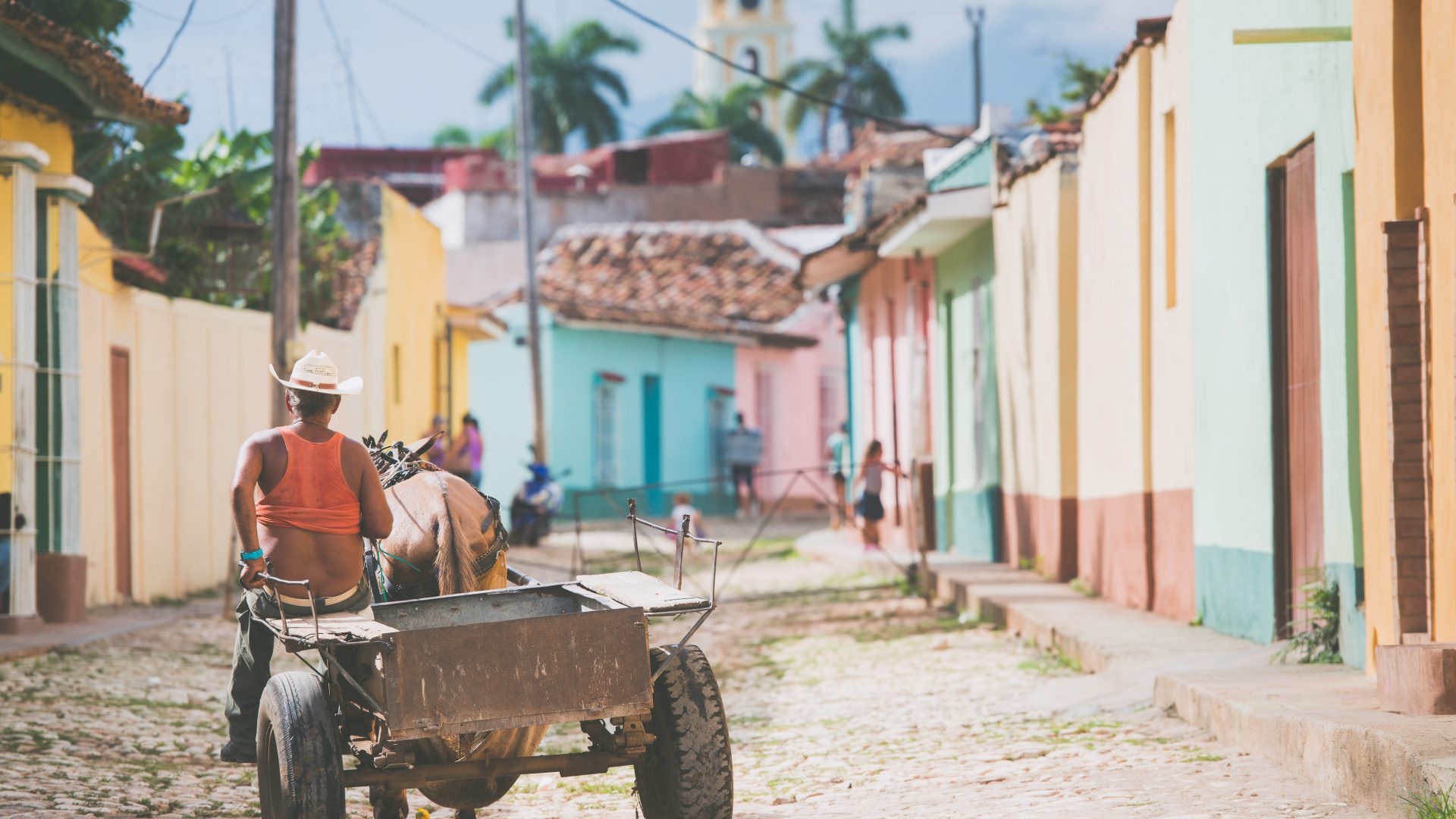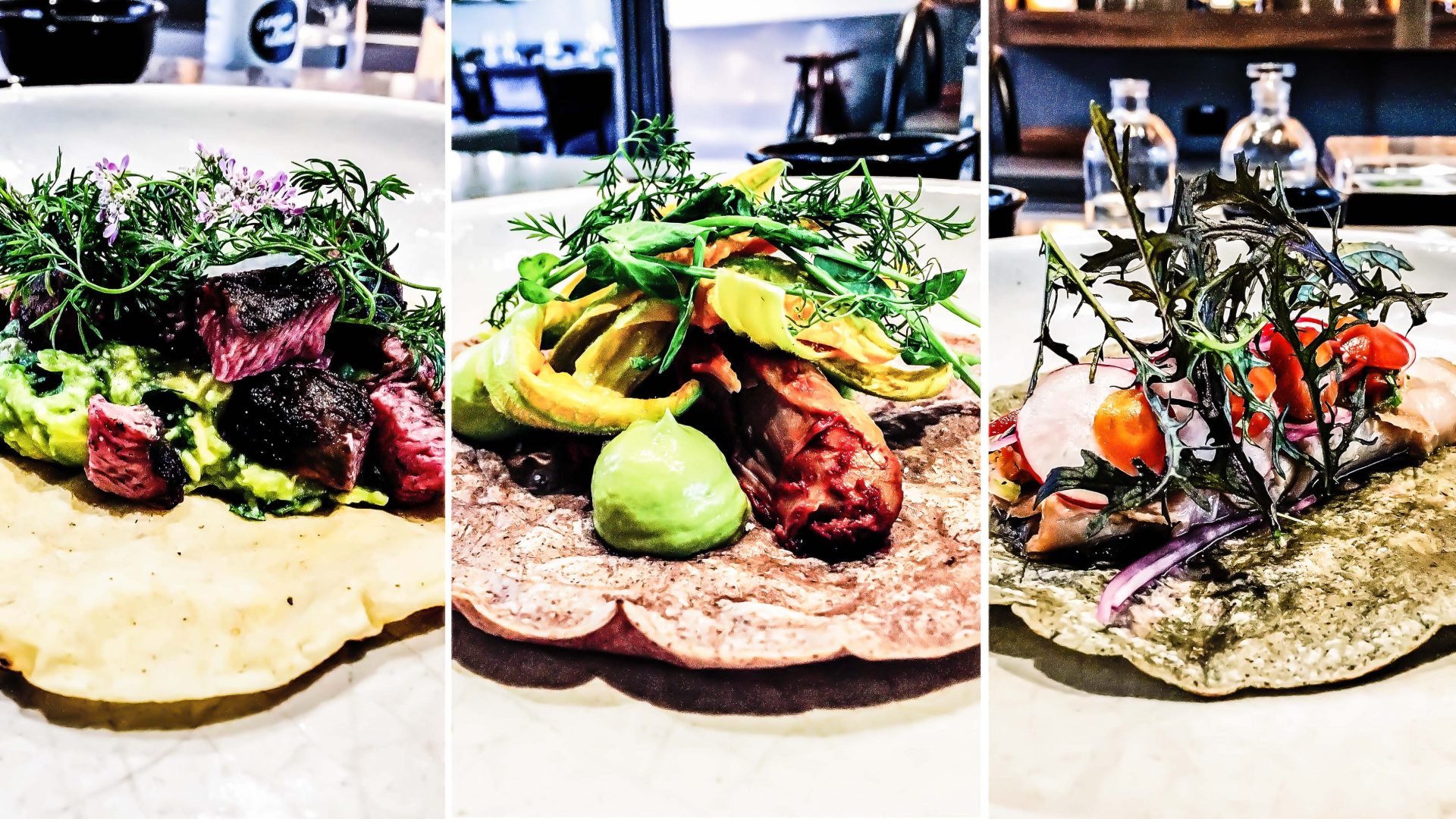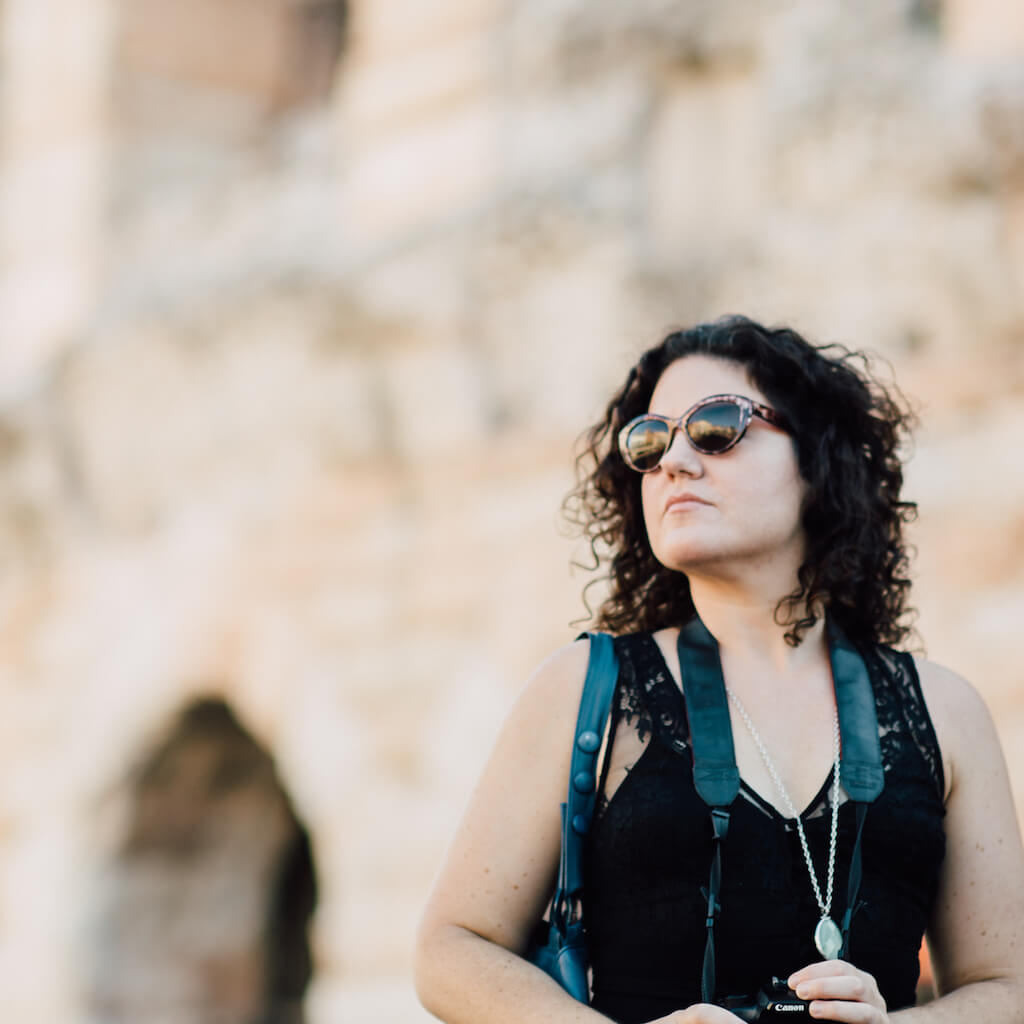If you didn’t make it to Cuba before the Trump transition, or if you did but, like most people who visit, you can’t wait to get back, last week’s policy shift announcement is a downer, to be sure. It is not, however, a full-stop prohibition. For now, at least, here’s what you need to know:
The honor system era, brief as it was, is over.
Americans who traveled to Cuba under the Obama-era commercial travel regulations were required to fall within one of 12 approved categories of travelers. They were also supposed to keep detailed records of their activities, accounting for almost every minute. No one seemed to be checking, however, to verify whether a traveler actually, say, had a living family member in Cuba, whether they were attending a professional conference, or participating in a humanitarian project. The past two and a half years have operated largely on an honor system, and that era is now over.
Individual people-to-people travel will soon be off-limits.
For travelers who understand that the most meaningful experiences and contacts are enjoyed when you’re on your own and making decisions for yourself, rather than as part of a tour group with a programmed agenda, this element of the Trump Cuba policy is the most devastating. Individual people-to-people travel will soon be off-limits, and Americans’ travel to Cuba will be restricted to group tours offered by US government-licensed operators or to cruises.
Booking accommodations will likely become a big problem.
The major piece of the Trump announcement was an ultimatum issued to the Cuban government and military: Any transactions, business or travel-related, that ultimately funnel funds to the Cuban military will be verboten. This may not seem like a problem with respect to travel, but given that many Cuban hotels are owned by the state and military, Americans who go the hotel route, as opposed to a casa particular (a Cuban B&B) or Airbnb will likely face even more difficulty booking than has already been the case recently.
None of these changes is actually in effect yet.
If you were already planning a trip to Cuba prior to Trump’s June 16 announcement, the pending changes shouldn’t affect you. The US Department of Treasury’s Office of Foreign Assets Control, or OFAC, has been charged with the task of issuing new regulations and enacting them, but neither Trump nor OFAC has revealed a hard and fast timeline. OFAC has said, however, that any Americans who booked commercial flights or accommodations prior to the June 16 announcement will still be allowed to travel.
If you’re still keen to visit Cuba, you can! But pay attention to developments at OFAC and seek the guidance of a travel agency like Marazul, which specializes in Cuba and will have up-to-date information about policy developments impacting travelers.
—
Curious about travel to Cuba? See what else Cuba offers beyond the classic cars and colorful facades: Photos from Cuba beyond the Cadillacs.


